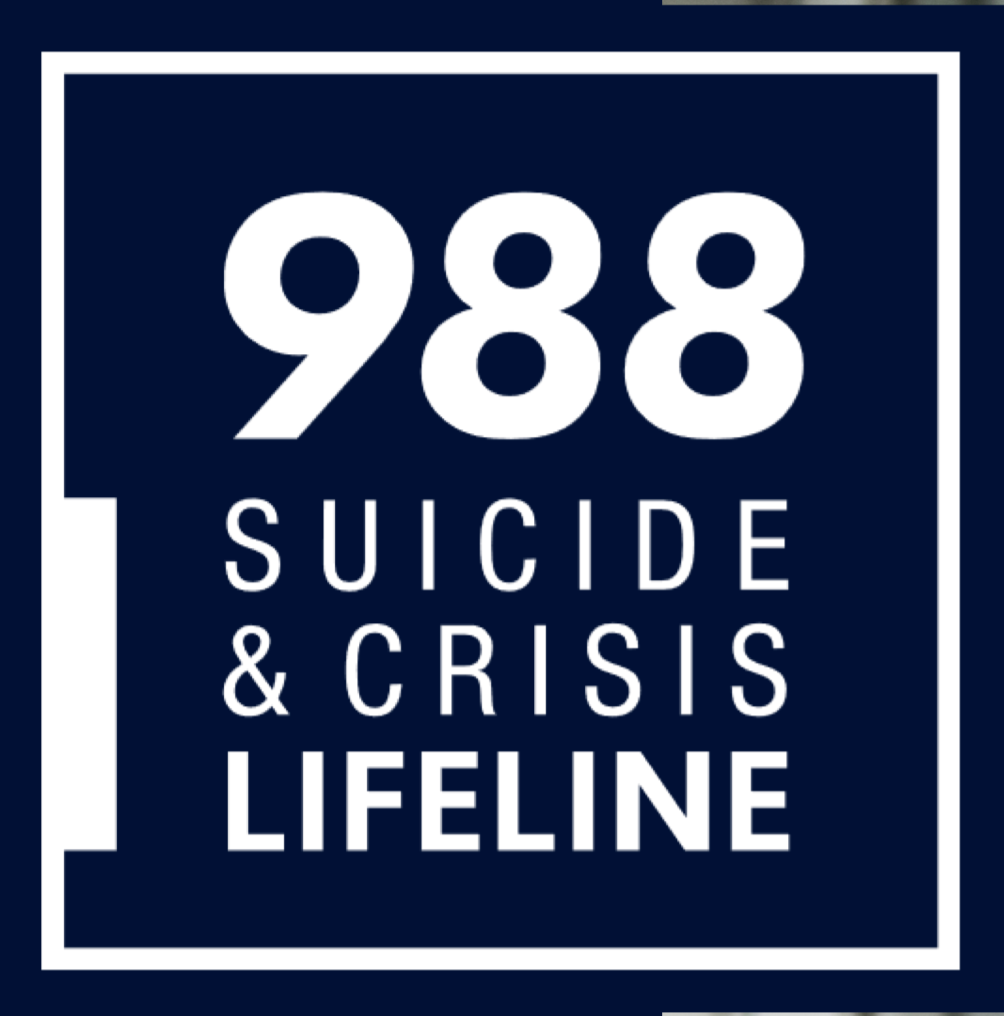Select Suicide Prevention Recommendations
The Tennessee Department of Health's Division of Family Health and Wellness publishes an annual report on suicide prevention in Tennessee. The report includes a summary of current recommendations for public and private entities, concepts and projects that will support a comprehensive and collaborative statewide mental health, suicide prevention, and crisis intervention.
The following recommendations were originally published in "Suicide Prevention in Tennessee: 2025 Annual Report", released in May 2025 by the Tennessee Department of Health's Division of Family Health and Wellness.
Healthcare Providers and Healthcare Systems
- Implement the Zero Suicide framework, a holistic approach to suicide prevention within health and behavioral health care systems. Zero Suicide foundational elements include:
- Leading system-wide culture change committed to reducing suicides.
- Training a competent, confident, and caring workforce.
- Identifying individuals with suicide risk via comprehensive screening and assessment.
- Engaging all individuals at risk of suicide using a suicide care management plan.
- Treating suicidal thoughts and behaviors directly using evidence-based treatments.
- Transitioning individuals through care with warm hand-offs and supportive contacts.
- Improving policies and procedures through continuous quality improvement.
- Use the Columbia-Suicide Severity Rating Scale (CSSR) and the Ask Suicide Screening Questions (ASQ) to screen all patients for referral to mental health services. For pediatric patients, universal screening for suicide risk for all youth ages 12 and above is recommended.
- Include the 988 Suicide & Crisis Lifeline on email signatures and outgoing voicemail messages.
- Inform patients about their rights under the Mental Health Parity and Addiction Equity Act, including how to file a complaint and/or appeal in the event of a possible violation.
- Utilize the Tennessee Child and Adolescent Psychiatry Education and Support (TCAPES) psychiatry consult line for support with treating behavioral health conditions and participate in scheduled trainings to build long-term skills in managing common pediatric mental health concerns.
- Screen all pregnant and postpartum patients for mental health conditions in accordance with national guidelines and provide appropriate evidence-based treatments, including referral to psychotherapy and medication treatment, as indicated.
County Health Councils
- Develop and implement a coordinated, county-level rapid response plan for when an ESSENCE alert is received.
- Disseminate county- and state-level suicide data to local partners.
- Stay informed of evidence-based suicide prevention initiatives through participation in the Tennessee Suicide Prevention Advisory Group.
Community, Faith-Based Organizations, and Schools
- Provide suicide prevention training for public-facing staff (teachers, clergy, youth leaders, social workers) and community members using evidence-based courses such as the Applied Suicide Intervention Skills Training (ASIST) and Question, Persuade, Refer (QPR) training.
- Build capacity among clergy and faith leaders by offering evidence-based training programs, such as LivingWorks Faith, to help create supportive environments where individuals feel safe seeking and offering help.
- Incorporate action steps from TDH’s ESSENCE Rapid Response Plans into organizational suicide prevention protocols. ESSENCE Rapid Response Plans are targeted community-level responses that can be initiated based on ESSENCE alerts that are released for specific age groups within a county.
- Implement Sources of Strength, an evidence-based peer-led suicide prevention program designed to enhance protective factors associated with reducing suicide at the community level, increase help-seeking behaviors, and promote connections between peers and caring adults.
- Host a Be SMART™ webinar to promote safe firearm storage.
- Partner with nonpartisan, nonprofit coalitions like Voices for a Safer Tennessee, “committed to advancing firearm safety policies and programs that both protect our communities and respect the Second Amendment”.
Service Member and Veteran-Serving Entities
- Help keep Veterans safe by learning how to reduce suicide risk through FREE, online, self-paced courses for health care providers. VA Train offers "Lethal Means Safety Training", a 1-hour course with credit, and Psych Armor Institute offers "Firearms & Suicide in the Military-Connected Community: 5 Things Medical Professionals Need to Know", a 25-minute course without credit.
- Promote the U.S. Department of Veterans Affairs’ Keep it Secure Campaign, which provides veterans, their families, and communities with resources and information on secure firearm storage practices.
All Tennesseans
- Reduce stigma, misinformation, and shame around suicide by learning how to recognize and respond when someone in your community may be at risk.
- Create safe environments by implementing safe storage practices for firearms and prescription medications. For firearms, follow the Be SMART™ steps and encourage others to do the same by promoting the framework: Secure guns, Model safe behavior, Ask about unsecured firearms, Recognize the risks, and Tell others to do the same.
- Further commit to addressing the suicide crisis by becoming certified in suicide first-aid through evidence-based courses such as the Applied Suicide Intervention Skills Training (ASIST) and Question, Persuade, Refer (QPR) training.
- If someone is struggling with thoughts of suicide, they can call or text the 988 Suicide & Crisis Lifeline and press 0 for 24/7 for free and confidential support.
- Find additional resources and support at www.preventsuicidetn.com.


